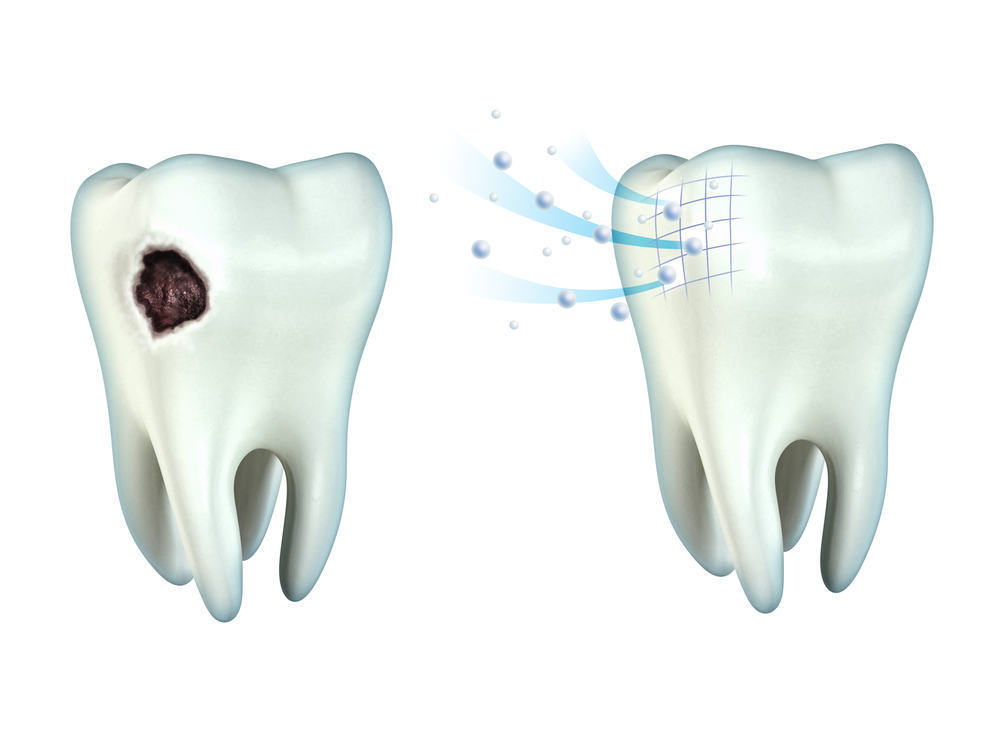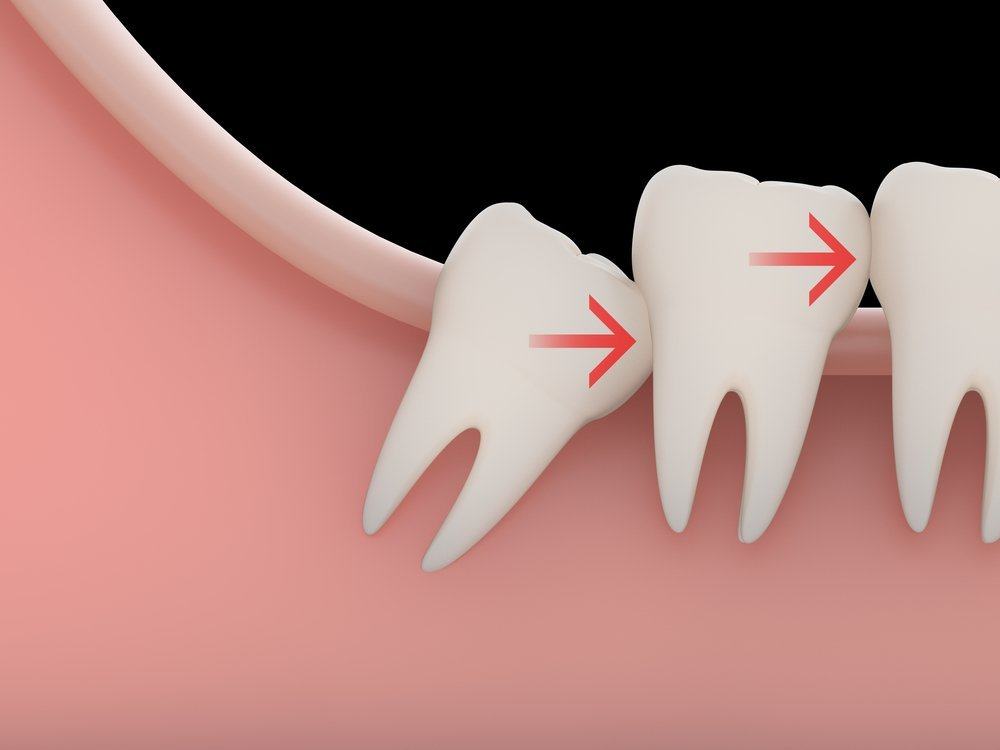Contents:
- Medical Video: How to Teach Children With ADHD
- 1. Be honest with your child about the ADHD that he has
- 2. Don't sue the child to be "better"
- 3. Don't let ADHD be a reason for irresponsible children
- 4. Apply rules and consequences slowly
- 5. Help your child find their strengths
- 6. Don't overprotect your child
- Behavioral treatment for ADHD children
Medical Video: How to Teach Children With ADHD
When your child is first diagnosed with Attention Deficit / Hyperactivity Disorder aka ADHD by experts, maybe your first reaction is to not believe. How is it possible, the first thing you think your child is is a very active and curious child, in fact diagnosed by experts with ADHD?
However, it is impossible not to keep rejecting reality? Of course, you must take steps to educate and raise your child with these conditions. Here are ways you can do to educate your child who has ADHD.
1. Be honest with your child about the ADHD that he has
Parents are not encouraged to keep ADHD secret to their children. Parents are also not recommended to lie to their children about this ADHD. Tell the truth to your child about the ADHD they have.
Also tell that this ADHD occurs not because of their mistakes or mischief. By being open to your child about their condition, you alleviate the stigma of ADHD in your child. Your children need to know their true state and understand that they can control it.
2. Don't sue the child to be "better"
Indeed, children with ADHD may be more inconsistent than normal children. For example, today their test score is 90, tomorrow it might be 60. The day may be different, maybe 70. But next week, maybe the value is 95.
If this is the case, generally parents immediately say, "If you were good yesterday, why not today?" Even though what actually happens to ADHD children is they are actually very intelligent. They know what they have to do, but sometimes they don't know how to start.
In addition, as already mentioned, sometimes they are inconsistent. This is what is sometimes misinterpreted by people in general.
3. Don't let ADHD be a reason for irresponsible children
It's true, ADHD makes children more difficult to do something. However, it does not mean that ADHD is a reason for irresponsible children. For example, children with ADHD say "I don't need to do homework because I have ADHD."
Even though in reality, the child can do homework, even though it takes a harder effort than normal children. Change your child's mindset so they say, "Indeed, I have ADHD. But I can still do my homework. "
4. Apply rules and consequences slowly
For children with ADHD, parents will more easily apply rules and consequences verbally and in writing. For example, parents can stick to a list of children's responsibilities and rules in the home.
If you want to give rewards aka gift to your child, that's fine. However, do not give a gift to your child for something that is still old, for example, "Daddy will buy you a bicycle if you go up to class next year."
ADHD children have problems planning future time, so it will not make sense if you promise a new prize will be given next year. On the contrary, rewards those given try to be given in the near future, for example given permission to play the game outside the specified time, etc.
Parents also have to explain the consequences clearly. After that, apply the consequences that have been made slowly but firmly. Maybe, sometimes parents feel frustrated and tired of facing their child, but try not to educate your child in anger.
It might be rather difficult if the parents of these children also have ADHD, because ADHD can be congenital. Parents who also have ADHD may rebuke anger because they themselves also have problems with their impulsive actions. For this, parents are encouraged to control their ADHD beforehand, then try to be a good example for their children.
5. Help your child find their strengths
Children with ADHD are often excluded. This can cause the child to feel self-esteem and depression. Self-esteem has begun to appear in children with ADHD since they were 8 years old.
These children may feel "There is nothing I can do. Why do I have to be tired, try? After all, people will still not think of me, really. "These children lost a lot of enthusiasm and felt depressed.
Here, parents play a role to revive the spirit of their children. Usually, if these ADHD children are interested in one thing, these children can master that is equivalent to the ability for people 5 years above their age.
Therefore, you can say to your child, "Look, maybe you are weak in this field. But, you have other advantages, right? Even your friends just can't make what you can make. "
6. Don't overprotect your child
Over time, of course, children with ADHD will grow up. They need to learn to be independent. Most parents try to solve all the problems experienced by their children. This is not good, because the child will think, "I have a deficiency and surely you will solve all my problems."
Try not to make you have to do everything your child has to do, but try to make your child ask for what they have to do. At the earliest times, maybe these kids still need your direction. But the longer, get used to it until finally they really make their own decisions to solve their problems.
Teach your child to learn to be independent, which, indeed, for children with ADHD, is difficult to do.
Behavioral treatment for ADHD children
If you have difficulty educating your child with ADHD, don't worry. There are alternative therapies for you, which are called "behavioral therapy" Basically, this therapy aims to apply the 6 things mentioned above. Only, with this therapy, you will be given a program and a kind of class by mental health experts. This therapy can be done by taking medication or not taking medicine.
The following are three elements of this therapy:
1. Set goals / targets
You and your supervisor will help the child to make and achieve a specific goal. Examples of targets that can be made such as completing homework, playing with friends in the park, sitting at a study table for one hour, or another.
2. Make rewards and consequences
Your child will get a prize or punishment depending on what he does. For example, if they succeed in achieving a goal that has been made, they will be given additional time to play the computer. Conversely, if they behave negatively, then you will reduce hours of play the game they.
3. Consistent in carrying out therapy
It is important to apply the 2 elements above until the child can do it himself (without the help of parents or nursery) the things that have been taught.












